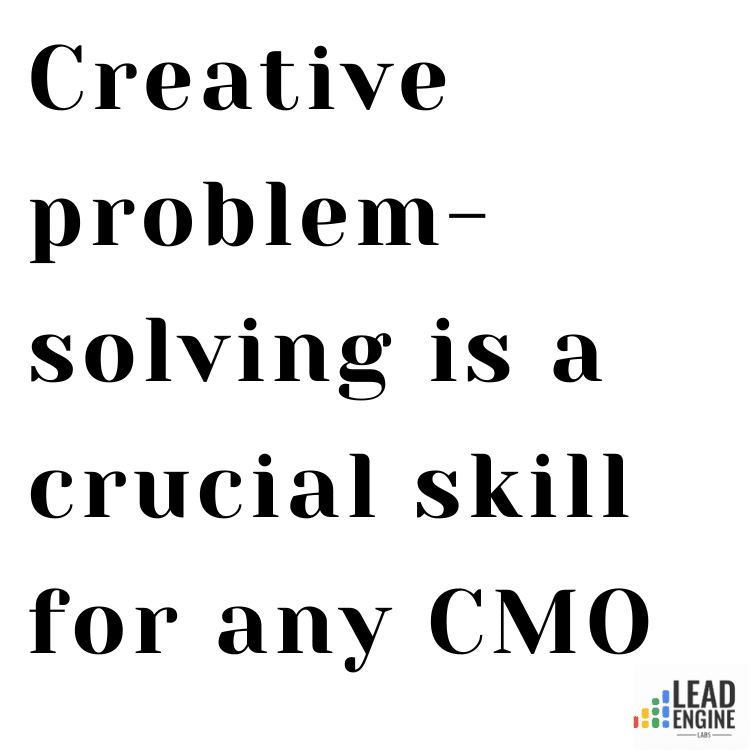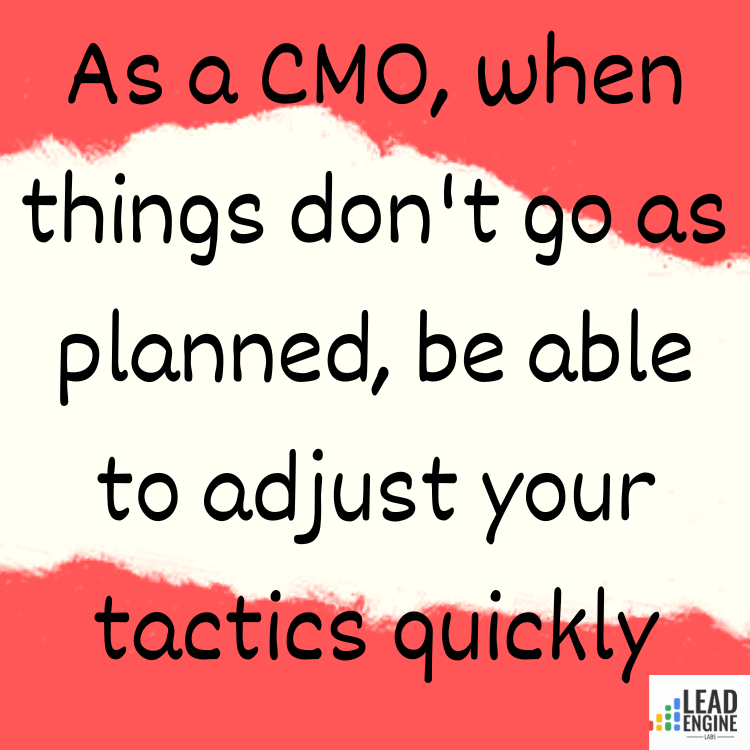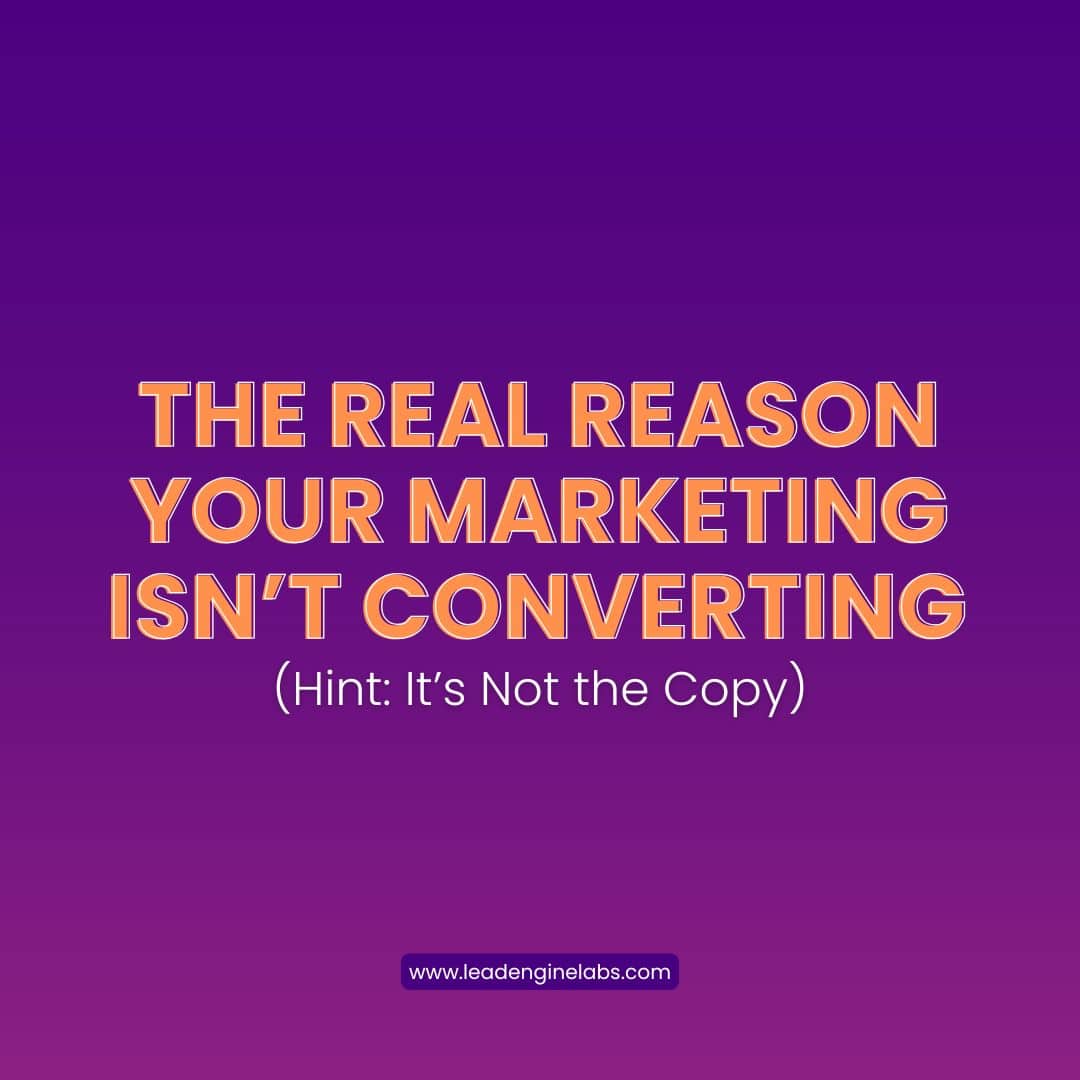
Are you currently in the market for a Chief Marketing Officer (CMO) but unsure of what qualities and skills to look for? Look no further.
In today’s fast-paced business world, having a skilled and innovative CMO can make all the difference in staying ahead of the competition. One real-life example of a successful CMO is Bozoma Saint John, who was recently appointed as Chief Marketing Officer at Netflix.
Saint John has a reputation for being creative and innovative, having previously worked at major companies like Apple Music and PepsiCo. Her leadership style emphasizes team collaboration and inclusion, while also bringing fresh ideas to the table.
But what are some essential qualities and skills that you should look for when hiring your own CMO?
Key Takeaways
- A successful CMO should possess strong strategic thinking and planning skills, along with a deep understanding of the market, competitors, customers, and industry trends.
- Effective communication, leadership, emotional intelligence, creativity, and problem-solving skills are also crucial for a CMO to lead and manage their team.
- Data analysis, metrics, customer focus, personalization, industry knowledge, and adaptability to market changes are key factors for a successful marketing campaign.
- A CMO should know regulations, advertising guidelines, emerging technologies, and financial acumen to effectively manage budgets, pricing strategies, ROI analysis, and financial forecasting.
Strategic Thinking and Planning
You’ll need to possess a keen sense of foresight and be able to collaborate with cross-functional teams to develop and execute long-term strategies that align with the company’s vision. As a CMO, you’ll play an instrumental role in setting the direction for your organization by defining its long-term goals and outlining the steps required to achieve them.
This means striking a balance between short-term objectives and long-term strategy so that your team can focus on executing day-to-day tasks while keeping sight of the bigger picture.
To create effective long-term plans, you must have a deep understanding of your market, competitors, customers, and industry trends. You should also be able to gather insights from data analysis, customer feedback, market research, and other sources to inform your decisions. With this information at hand, you can identify growth opportunities and potential threats to your business, as well as prioritize initiatives that will deliver the most value over time.
Successful strategic planning requires strong communication skills. You must be able to articulate your vision clearly and persuasively across all levels of the organization – from executives to front-line employees – to gain buy-in for your ideas. By doing so effectively, you’ll ensure everyone is aligned around common goals and motivated to work towards them.
Leadership and team management skills are crucial in achieving these objectives…
Leadership and Team Management
To effectively lead and manage a team as a CMO, it’s crucial to establish clear communication channels and foster a collaborative work environment. Effective delegation is one of the most important aspects of leadership that allows you to focus on strategic planning while ensuring that tasks are assigned to the right people based on their skills and experience.
Moreover, conflict resolution is another critical skill that helps you maintain a positive work culture by addressing issues before they become bigger problems. As a leader, your communication skills and emotional intelligence play an equally vital role in team management. By communicating clearly and concisely with your team members, you can ensure that everyone is working towards the same goal without any confusion or ambiguity.
Additionally, being emotionally intelligent means understanding your team members’ needs and feelings, which can help you build stronger relationships with them. By incorporating these qualities into your leadership style, you can create an environment where creativity flourishes.
In the next section about ‘creativity and innovation,’ we’ll explore how this approach can drive success for both your team and the company as a whole.
Creativity and Innovation

Oh, so you think being a creative and innovative CMO is just about coming up with catchy slogans and flashy advertisements? Think again.
Creativity and innovation are essential qualities that go beyond the surface level of marketing campaigns. A truly creative CMO possesses the ability to think outside the box, approach problems from different angles, and develop unique solutions that resonate with their target audience.
Creative problem-solving is a crucial skill for any CMO striving to make an impact in today’s fast-paced business landscape. It requires the ability to analyze data, identify patterns, and generate new ideas that can solve complex issues.
An innovative CMO must be able to take calculated risks while staying true to their brand identity. This means pushing boundaries without compromising on ethics or values.
Innovative campaign ideas can help set your brand apart from competitors and capture the attention of potential customers. However, creativity alone isn’t enough; it needs to be backed by strategic planning and execution.
As a CMO, you need to have a deep understanding of your target market’s needs and preferences while also keeping an eye on industry trends. By combining creativity with analytical skills, you can create campaigns that are not only visually appealing but also effective in driving sales and building brand loyalty.
Transitioning into data analysis and metrics, it’s important to remember that creativity should always be supported by measurable results.
Data Analysis and Metrics
Analyzing data and measuring metrics is crucial for any marketing campaign’s success, requiring a deep understanding of the target audience and industry trends. A competent CMO should have a knack for collecting and interpreting data to make informed decisions about their marketing strategy.
They should be able to use data visualization techniques to present complex information in an easy-to-understand format that can inform stakeholders’ decision-making. Performance measurement frameworks are also essential tools for monitoring marketing campaigns’ effectiveness against organizational goals.
CMOs must develop these frameworks by aligning business objectives with measurable key performance indicators (KPIs). They should then track progress against these KPIs, identify areas of improvement, and adjust their marketing strategies accordingly. A successful CMO must possess strong analytical skills to leverage customer insights and industry trends effectively.
By using data visualization techniques like dashboards, heat maps, or infographics, they can communicate complex information easily to other stakeholders. Additionally, measuring performance against predefined KPIs helps CMOs evaluate the effectiveness of their strategies continuously.
The next section will highlight the importance of customer focus in driving successful business outcomes while enhancing brand loyalty without compromising financial returns.
Customer Focus
If you want to truly connect with your target audience and drive business success, prioritizing their needs and desires is essential – after all, customers are the heartbeat of any successful brand.
A CMO who has a strong sense of customer focus will be able to develop marketing strategies that resonate with the target audience. This requires actively seeking out customer feedback and conducting market research to understand their preferences, pain points, and behaviors.
Personalization is also crucial in delivering an exceptional customer experience. A CMO who understands this will be able to tailor their marketing messages to specific segments of their audience, creating a more engaging experience that fosters brand loyalty.
Customer data analysis can provide insights into what drives engagement and conversion rates, which can then be used to inform personalization efforts.
In addition to understanding the customer, a CMO must also have industry knowledge and expertise. This means keeping up-to-date on trends and innovations in the field while also having a deep understanding of consumer behavior within the industry.
By combining these skills with a strong customer focus, a CMO can develop effective marketing strategies that not only achieve business goals but also deliver an exceptional experience for customers.
Industry Knowledge and Expertise
To excel as a CMO, you need to possess industry knowledge and expertise. This means having a thorough understanding of current trends, regulations, and best practices within your industry.
It also requires the ability to stay up-to-date with emerging technologies and platforms that could impact your business strategy. By keeping yourself informed on these key areas, you’ll be better equipped to make informed decisions that drive growth and success for your company.
Understanding of Industry Trends, Regulations, and Best Practices

Having a deep understanding of industry trends, regulations, and best practices is crucial for a CMO to stay ahead in the market and effectively lead their team.
Market research and competitive analysis are key components of staying informed about the latest trends. A successful CMO should be able to identify patterns in consumer behavior, analyze data to create effective marketing strategies and adapt quickly to changes in the market.
In addition to keeping up with industry trends, a CMO needs to have an understanding of regulations and best practices within their specific industry. This can include knowledge of advertising guidelines, compliance laws, and ethical considerations.
By staying up-to-date on these topics, a CMO can ensure that their company’s marketing campaigns are not only effective but also aligned with legal and ethical standards. This knowledge will enable them to make informed decisions that positively impact their brand’s reputation while setting them apart from competitors.
As such, having the ability to stay up-to-date with emerging technologies and platforms is essential for any modern-day CMO looking to drive growth through innovation.
Ability to Stay Up-to-Date with Emerging Technologies and Platforms
Like a surfer riding the crest of a wave, a successful marketing leader must stay ahead of the competition by effortlessly staying up-to-date with emerging technologies and platforms. Being tech-savvy is crucial for any modern CMO as businesses increasingly rely on digital marketing to reach their target audience.
A CMO with strong digital marketing acumen can capitalize on new tools and platforms to boost brand recognition and drive revenue growth. Staying up-to-date with emerging technologies requires an insatiable thirst for knowledge and an ability to quickly adapt to change. As technology continues to evolve, so too does the way consumers interact with brands.
A successful CMO knows how to leverage these changes in consumer behavior by taking advantage of innovative tools like artificial intelligence, automation software, and predictive analytics. With a deep understanding of these emerging technologies, a CMO can lead their team toward greater success in today’s highly competitive marketplace.
This is especially important when it comes to financial acumen which we will discuss next.
Financial Acumen
You must have a strong grasp of finances to be an effective CMO, as understanding budgeting and financial analysis is crucial for success in this role. As the CMO, you will be responsible for making strategic decisions about where to allocate resources for marketing initiatives and campaigns. This requires not only an understanding of the company’s financial goals and constraints but also knowledge of financial forecasting and investment decisions.
To further illustrate the importance of financial acumen for a CMO, consider the following table:
| Essential Financial Skills | Explanation |
|---|---|
| Budgeting | Creating and managing budgets for marketing initiatives |
| ROI Analysis | Measuring return on investment for various campaigns |
| Pricing Strategy | Developing pricing strategies that align with overall business objectives |
| Financial Forecasting | Using data to predict future revenue and expenses |
As you can see from the table, a successful CMO must possess a variety of financial skills beyond just basic budgeting. They need to be able to analyze data and make informed decisions that will maximize ROI while staying within budgetary constraints.
Having strong financial acumen is essential for any CMO. It enables them to make informed decisions about resource allocation, pricing strategy, and forecasting. However, being adaptable and flexible is also important in today’s ever-changing business environment.
Adaptability and Flexibility

Being able to adapt and stay flexible is crucial for a successful CMO in today’s dynamic business landscape. Managing change, problem-solving, and adapting to market shifts are all essential skills that a CMO must possess.
With the ever-changing market trends and consumer preferences, a CMO needs to keep up with the latest developments and pivot their strategies accordingly. In addition to dealing with market changes, a CMO may also need to handle crisis management situations on occasion. Having flexibility in your approach can help you tackle any unforeseen circumstances with ease.
When things don’t go as planned, being able to adjust your tactics quickly is vital for mitigating damage and finding solutions. Flexibility doesn’t just mean being adaptable in times of crisis or change; it means having an open mindset towards innovation. A great CMO should always be looking for ways to improve their marketing strategies, whether it’s through new technologies or creative campaigns.
Being innovative requires constant learning and experimentation, which can only happen when you have a flexible approach to marketing practices. Ultimately, adaptability and flexibility are key qualities that every effective CMO must possess to succeed in this fast-paced industry.
Frequently Asked Questions
What specific tools or software should a CMO be proficient in to effectively analyze and interpret data?
To effectively analyze and interpret data, a CMO must possess strong marketing software expertise and data analysis proficiency. They should be skilled in tools such as Google Analytics, Tableau, or any other relevant tools to stay ahead of the curve and make effective decisions.
How does a CMO balance the need for short-term results with long-term strategic goals?
Balancing priorities is key to effective strategic planning for CMOS. You must prioritize short-term results while also keeping an eye on long-term goals. This requires careful planning, data analysis, and communication with stakeholders to ensure success.
What are some common challenges a CMO may face when leading a team, and how can they effectively address them?
As a CMO, you may face challenges when leading your team, but effective team management and communication strategies can help. From dealing with conflict to fostering creativity, it’s important to stay innovative while guiding your team toward success. And remember, always keep the “SWAG”- Strategic, Witty, Agile, and Grounded mindset.
How does a CMO stay up-to-date with the latest industry trends and changes?
To stay current, network, and continuously learn. Networking helps you connect with peers in your industry while continuous learning allows you to adapt to changes. Keep an eye on emerging trends and new technologies.
Can you provide an example of a successful marketing campaign that a CMO has led, and what made it successful?
A CMO’s successful campaign was a creative, ROI-driven initiative. By incorporating innovative tactics and measuring results, they achieved impressive ROI. This example highlights the importance of creativity and measurement ineffective marketing strategies.
Conclusion
Congratulations! You’ve just learned about the essential qualities and skills to look for in a Chief Marketing Officer (CMO).
As you begin your search for the perfect CMO, it’s important to keep in mind that strategic thinking, leadership abilities, creativity, data analysis expertise, customer focus, industry knowledge, financial acumen, and adaptability are all crucial traits to look for.
According to recent statistics by the Korn Ferry Institute, the average tenure of a CMO is only 43 months. This means that finding a CMO who possesses these essential qualities and skills is more important than ever before.
By selecting a CMO who can lead your team with strategic vision and an innovative approach while also having their finger on the pulse of customers’ needs and preferences will help ensure your company’s success well into the future.
In conclusion, choosing the right CMO is vital to any organization’s growth and development. By keeping these essential qualities in mind during your search process – including strategic thinking and planning; leadership and team management; creativity and innovation; data analysis and metrics; customer focus; industry knowledge and expertise; financial acumen; adaptability and flexibility – you’ll be one step closer to finding someone who can guide your company towards success.




